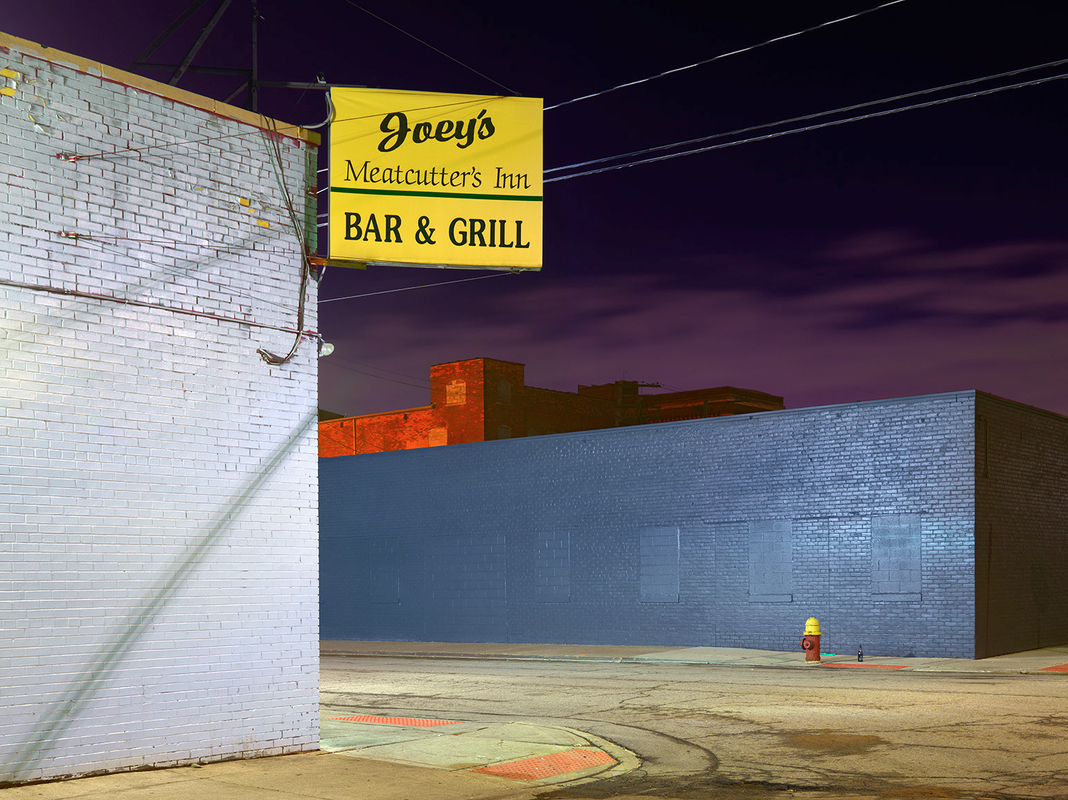Via The Los Angeles Review Of Books on Roger Scruton: ‘Clement Knox On Fools, Frauds and Firebrands: Thinkers Of The New Left‘
‘Scruton is at his best in Central Europe, when conducting his vivisection of the Institute for Social Research, a.k.a. the Frankfurt School, a.k.a. the cultural Marxist — an intellectual movement which must rank alongside monetarism and supply side economics as one of the most astonishingly successful of the 20th century.’
As previously posted-
A buzz fills the Melissa J. Winthrop learning annex. Enthusiasm is high. After some coffee and light refreshments, an assistant begins taping a curtain over a window.
‘That’s funny.’
‘Is Judy still Treasurer?’
‘Has anyone seen Judy?’
A light commotion rustles amongst the Ladies Of The Sacred Modern Art(s). A second assistant joins the first, and they are definitely covering all of the windows, one by one.
‘Ladies and Gentleman, please welcome your new Chair(W)oman, Katherine Maher’
Two young men, thin as beanstalks, fill in quickly to the emergency exit doors. The loud thunk of a chain is heard…
========
Some favorite quotes, as often repeated.
“The moral world has no particular objection to vice, but an insuperable repugnance to hearing vice called by its proper name.”
‘Hypocrisy is the tribute vice pays to virtue‘
Carlo Lancellotti, on the works of Italian political thinker, Augusto Del Noce.
Full piece here, which could have some explanatory insight:
Del Noce’s emphasis on the role of Marxism in what I called the “anti-Platonic turn” in Western culture is original, and opens up an unconventional perspective on recent cultural history. It calls into question the widespread narrative that views bourgeois liberalism, rooted in the empiricist and individualist thought of early modern Europe, as the lone triumphant protagonist of late modernity. While Del Noce fully recognizes the ideological and political defeat of Marxism in the twentieth century, he argues that Marxist thought left a lasting mark on the culture, so much so that we should actually speak of a “simultaneous success and failure” of Marxism. Whereas it failed to overthrow capitalism and put an end to alienation, its critique of human nature carried the day and catalyzed a radical transformation of liberalism itself. In Del Noce’s view, the proclaimed liberalism of the affluent society is radically different from its nineteenth-century antecedent precisely because it fully absorbed the Marxist metaphysical negations and used them to transition from a “Christian bourgeois” (Kantian, typically) worldview to a “pure bourgeois” one. In the process, it tamed the Marxist revolutionary utopia and turned it into a bourgeois narrative of individualistic liberation (primarily sexual).’
—
Wendell Berry from his essay “The Joy of Sales Resistance”:
‘Quit talking bad about women, homosexuals, and preferred social minorities, and you can say anything you want about people who haven’t been to college, manual workers, country people, peasants, religious people, unmodern people, old people, and so on.’
—
Clive James revisits many quite original, quite accomplished works of Joseph Conrad:
‘They are, in fact, idealists: and idealism is a cast of mind that Conrad questions even more than he questions radicalism. The logical end of radicalism, in his view, is terrorism; but idealism is the mental aberration that allows terrorism to be brought about. Conrad’s originality was to see that a new tyranny could be generated by people who thought that their rebellion against the old tyranny was rational. Thus his writings seem prescient about what was to happen in the Soviet Union. He didn’t predict the Nazi tyranny because he had underestimated the power of the irrational to organise itself into a state. But then, nobody predicted that except its perpetrators; and anyway, mere prediction was not his business. His business was the psychological analysis made possible by an acute historical awareness. Under Western Eyes is valuable not because it came true but because it rang true even at the time, only now we can better hear the deep, sad note.’
—
Theodore Dalrymple: ‘The Will To Outrage‘
‘Outrage supposedly felt on behalf of others is extremely gratifying for more than one reason. It has the appearance of selflessness, and everyone likes to feel that he is selfless. It confers moral respectability on the desire to hate or despise something or somebody, a desire never far from the human heart. It provides him who feels it the possibility of transcendent purpose, if he decides to work toward the elimination of the supposed cause of his outrage. And it may even give him a reasonably lucrative career, if he becomes a professional campaigner or politician: For there is nothing like stirring up resentment for the creation of a political clientele.’
—
Ken Minogue framed it thusly:
‘Olympianism is the characteristic belief system of today’s secularist, and it has itself many of the features of a religion. For one thing, the fusion of political conviction and moral superiority into a single package resembles the way in which religions (outside liberal states) constitute comprehensive ways of life supplying all that is necessary (in the eyes of believers) for salvation. Again, the religions with which we are familiar are monotheistic and refer everything to a single center. In traditional religions, this is usually God; with Olympianism, it is society, understood ultimately as including the whole of humanity. And Olympianism, like many religions, is keen to proselytize. Its characteristic mode of missionary activity is journalism and the media.’
And:
‘Progress, Communism, and Olympianism: these are three versions of the grand Western project. The first rumbles along in the background of our thought, the second is obviously a complete failure, but Olympianism is not only alive but a positively vibrant force in the way we think now. Above all, it determines the Western moral posture towards the rest of the world. It affirms democracy as an ideal, but carefully manipulates attitudes in a nervous attempt to control opinions hostile to Olympianism, such as beliefs in capital or corporal punishment, racial, and other forms of prejudice, national self-assertion—and indeed, religion‘


